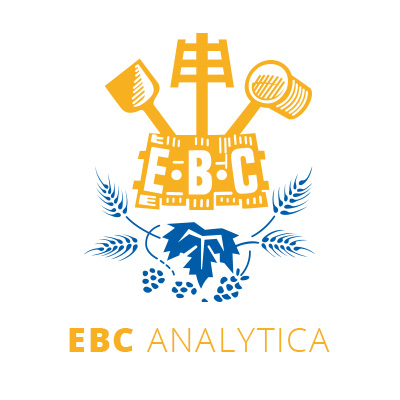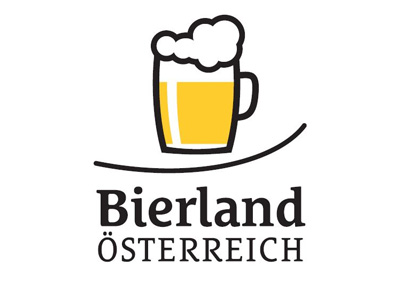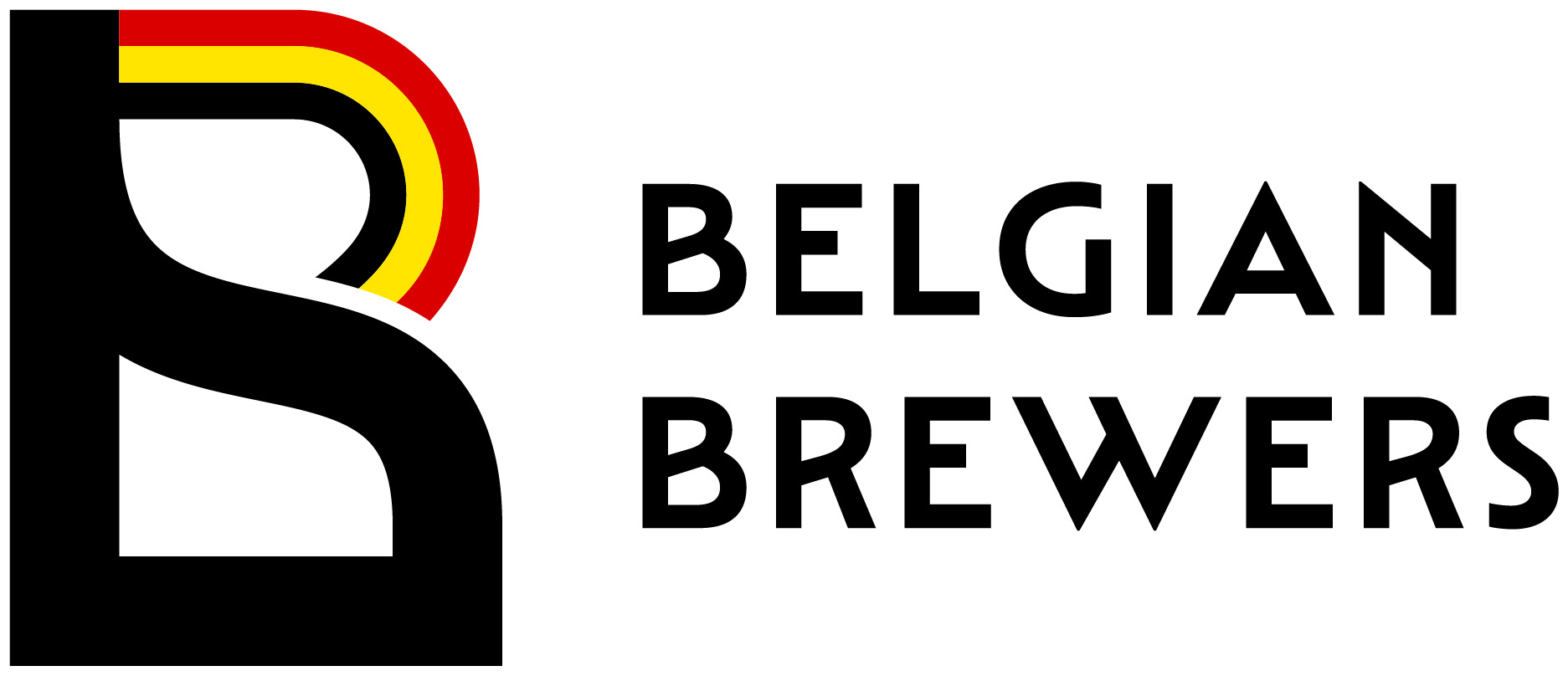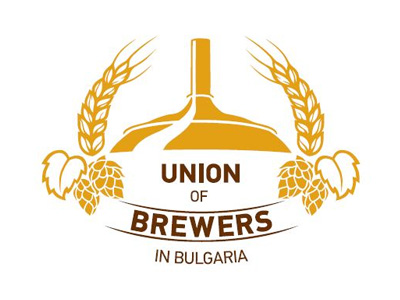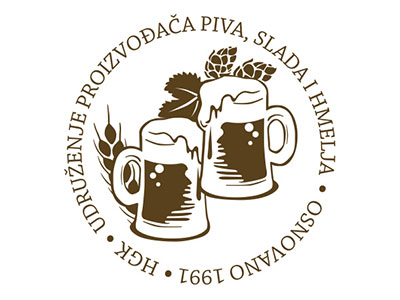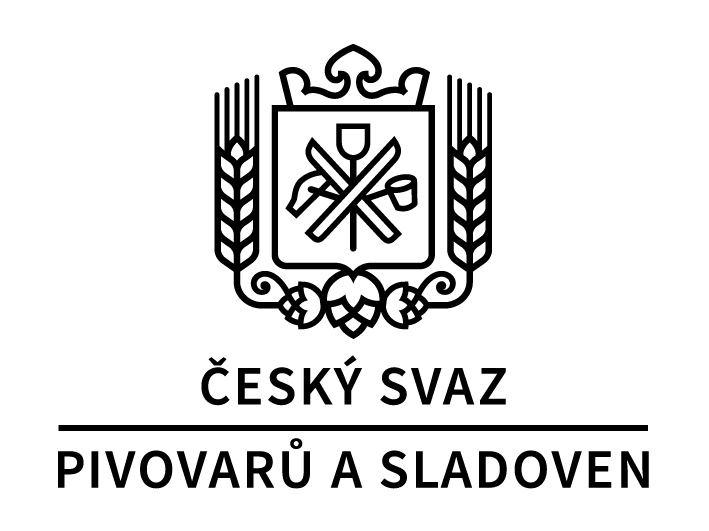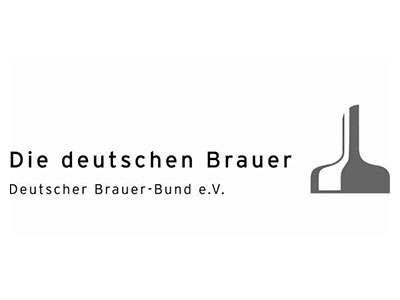- 22/10/2018
- 9346
- |
- Malt
- |
- 2000
4.2 - Moisture Content of Malt
The determination of the moisture content of all malts by loss in mass on drying under specified conditions. The ISO Method for moisture content of grain (ISO 712-1985) which is used for barley (EBC Method 3.2) must not be used for malt as the conditions of drying are such that chemical condensations occur in which water is formed as a product of reaction.
It is necessary to use EBC Method 1.1 and 4.1
